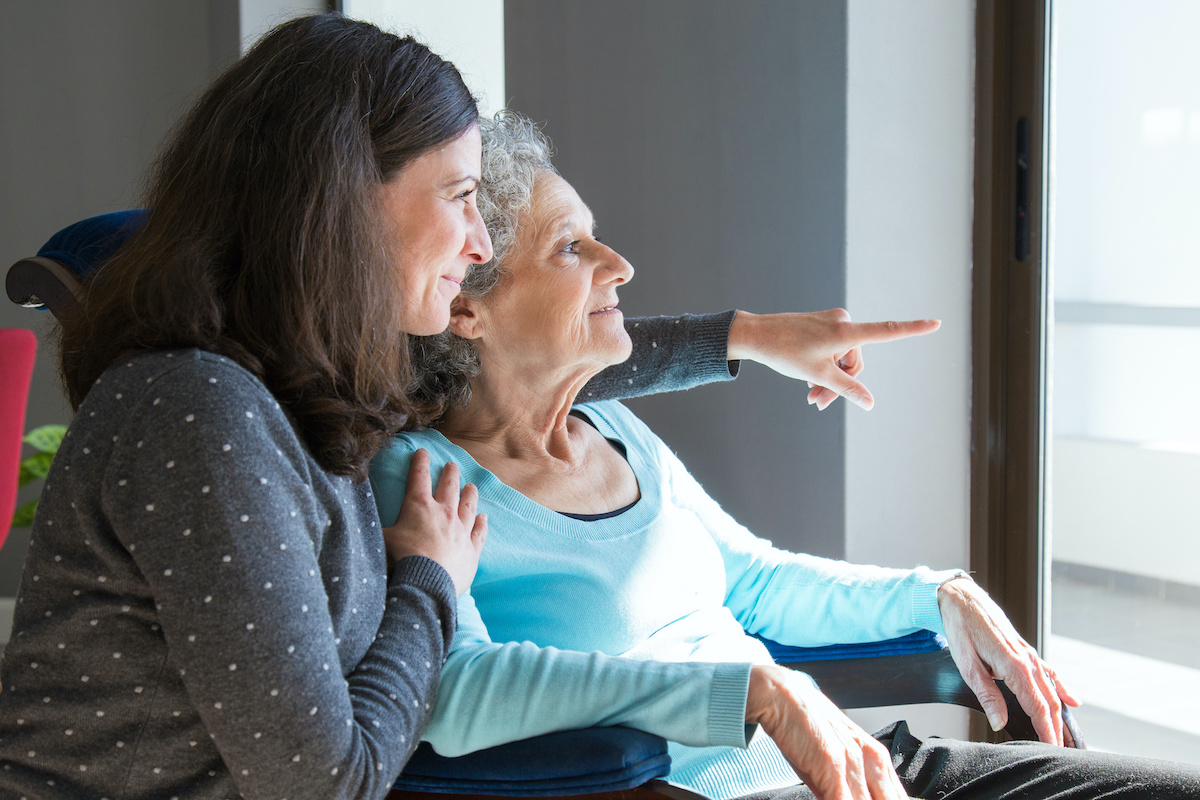
Tips and support for family caregivers
Providing care for a family member in need is a centuries-old act of kindness, love, and loyalty. And as life expectancies increase and medical treatments advance, more and more of us will participate in the caregiving process, either as the caregiver, the recipient of care, or possibly both.
Unfortunately, caregiving can take a heavy toll if you don’t get adequate support. Caregiving involves many stressors: changes in the family dynamic, household disruption, financial pressure, and the sheer amount of work involved. The rewards of caregiving—if they come at all—are intangible and far off, and often there is no hope for a happy outcome. If you’re caring for a family member, it’s essential that you get the support you need before burnout occurs. The good news is that you’re not alone. There is help for caregivers available.
As the stress piles up, frustration and despair take hold and burnout becomes a very real danger. But you can prevent caregiver burnout by following a few essential guidelines:
- Learn as much as you can about your family member’s illness and about how to be a caregiver as you can. The more you know, the more effective you’ll be, and the better you’ll feel about your efforts.
- Know your limits. Be realistic about how much of your time and yourself you can give. Set clear limits, and communicate those limits to doctors, family members, and other people involved.
- Accept your feelings. Caregiving can trigger a host of difficult emotions, including anger, fear, resentment, guilt, helplessness, and grief. As long as you don’t compromise the well-being of the care receiver, allow yourself to feel what you feel.
- Confide in others. Talk to people about what you feel; don’t keep your emotions bottled up. Caregiver support groups are invaluable, but trusted friends and family members can help too. You may also benefit from seeing a therapist or counselor.
Find additional information at Caregiver Alliance’s Family Care Navigator, a state-by-state resource intended to help you locate services for family caregivers and resources for older or disabled adults. http://www.helpguide.org/elder/caring_for_caregivers.htm
10 Tips for Family Caregivers
- Caregiving is a job and respite is your earned right. Reward yourself with respite breaks often.
- Watch out for signs of depression, and don’t delay in getting professional help when you need it.
- When people offer to help, accept the offer, and suggest specific things that they can do.
- Educate yourself about your loved one’s condition and how to communicate effectively with doctors.
- There’s a difference between caring and doing. Be open to technologies and ideas that promote your loved one’s independence.
- Trust your instincts. Most of the time they’ll lead you in the right direction.
- Caregivers often do a lot of lifting, pushing, and pulling. Be good to your back.
- Grieve for your losses, and then allow yourself to dream new dreams.
- Seek support from other caregivers. There is great strength in knowing you are not alone.
- Stand up for your rights as a caregiver and a citizen.
Source: National Family Caregiver’s Association
Common warning signs of caregiver burnout:
You have much less energy than you used to.
It seems like you catch every cold or flu that’s going around.
You’re constantly exhausted, even after sleeping or taking a break.
You neglect your own needs, either because you’re too busy or you don’t care anymore.
Your life revolves around caregiving, but it gives you little satisfaction.
You have trouble relaxing, even when help is available.
You’re increasingly impatient and irritable with the person you’re caring for.
You feel overwhelmed, helpless, and hopeless.











